Here’s how to make some juices that may help reduce or prevent gastritis (inflammation of the stomach lining) and other key tips.
The most common causes of this problem are usually: a bacterial infection, bad eating habits, injuries, advanced age, frequent use of certain painkillers, excessive alcohol intake, food allergies or certain diseases.
With this in mind, the drinks below could help improve stomach health.
If you’re interested, later we’ll tell you some interesting things about the ingredients and the problem at hand.
Where do we start?
Juices for gastritis – Recipes / Preparations
Before we begin, it’s worth highlighting a few points:
- First of all, these drinks aren’t meal substitutes.
- It’s recommended to wash the ingredients before processing.
- For more liquid results, add a little water.
- You can start by drinking a different juice every morning and see how you feel throughout the days.
Now, let’s get to the recipes!
Juices for gastritis: about the ingredients
First, it’s important to point out that there’s a bacterium (Helicobacter pylori) that usually causes both gastritis and peptic ulcer. Here’s more information about it:
- According to experts, more than 90% of gastritis cases are caused by this bacterium.
- As we said before, gastritis is an inflammation of the stomach lining.
- Peptic ulcer is a sore on the lining of the upper gastrointestinal tract.
On the other hand, the ingredients in our recipes have fiber, antioxidants, and omega-3 and 6 fatty acids, among other compounds.
Next, we’ll tell you why these substances may help fight and prevent gastritis.
Fiber
According to some studies, this nutrient may promote the digestive process and help prevent various health problems.
Among its benefits, it was observed that it could help reduce reflux symptoms. It’s worth mentioning that this problem may cause irritation.
On the other hand, a study showed a relationship between peptic ulcers and low fiber and antioxidant diets in several patients.
Finally, the Mayo Clinic recommends the following daily fiber intakes:
- For women: From 21 g to 25 g.
- For men: From 30 g to 38 g.
But, how much fiber do the ingredients have?
Here’s a table with the quantities of fiber in the ingredients, according to the United States Department of Agriculture (USDA).
You can use it to calculate the quantity of fiber in each juice and compare it with the recommendations that we’ve just mentioned.
| INGREDIENT | FIBER (gr) |
| Papaya | Cup – 230 g | 3.91 |
| Apple | Unit – 200 g | 4.80 |
| Flax | Tablespoon – 9 g | 2.46 |
| Chia | Tablespoon – 9 g | 2.46 |
| Parsley | Cup – 60 g | 1.98 |
| Carrot | Unit – 60 g | 1.68 |
| Banana | Unit – 126 g | 3.28 |
| Pear | Unit – 180 g | 5.58 |
| Blueberries | Cup – 150 g | 3.60 |
| Kiwi | Unit – 75 g | 2.25 |
| Turmeric | Tablespoon – 9.4 g | 2.13 |
| Chard | Leaf – 48 g | 0.77 |
| Cinnamon | Tablespoon – 7.8 g | 4.14 |
| Spinach | Cup – 30 g | 0.66 |
| Ginger | Tablespoon – 2 g | 0.04 |
| Broccoli | Cup – 91 g | 2.37 |
Antioxidants
First, the fruits, seeds, and vegetables we’ve chosen for the recipes are loaded with these substances.
According to a 2013 study, some antioxidants (such as vitamin C) could help fight the effects of H. pylori bacteria.
Fatty acids: omega-3 and 6
Flax and chia seeds contain these nutrients, in addition to fiber and other compounds.
On the other hand, in one study, these fatty acids were shown to inhibit the growth of H. pylori bacteria.
Cinnamon, parsley, turmeric and ginger
These foods, included in the above recipes, may also be useful to reduce inflammation.
According to a study published in 2005, they have bactericidal activities against H. pylori, being turmeric the most effective, followed by ginger.
Tips to keep in mind
Finally, here’re some key recommendations that may help to treat or prevent gastritis.
- Follow healthy diet and eating habits: In general, it’s recommended to avoid alcohol consumption, smoking, fast or irregular food intake, high-fat diets, spicy foods, acidic foods, coffee, chocolate and excess salt, sugar, meats and fried foods. On the other hand, some studies suggest the possibility of eradicating the H. pylori bacterium with probiotics. Ideally, you should see a nutritionist and follow a diet plan designed for your body.
- Have regular clinical tests and see a doctor in case of symptoms of pain, nausea or vomiting: As we said before, there are several causes of stomach lining inflammation, and treatments may vary according to the type of gastritis. The medications to use (with prior medical consultation) may include antacids and antibiotics, among others.
If you liked this article, you may also be interested in our juices for constipation.
Juices for gastritis: final comments
If you’ve symptoms of discomfort or allergy after consuming any of the drinks or foods in this article, you should stop doing so and visit your doctor.
Our opinions don’t replace those of a qualified healthcare professional.
All nutritional data for this article is taken from USDA.
Finally, you can subscribe here to receive updates.


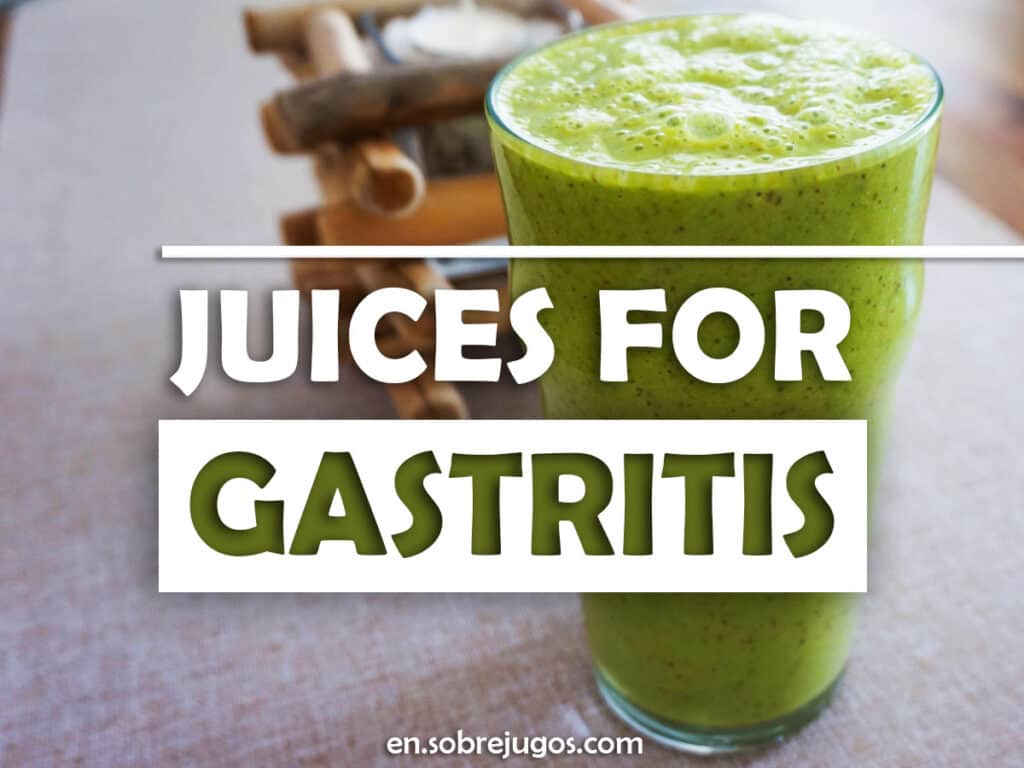
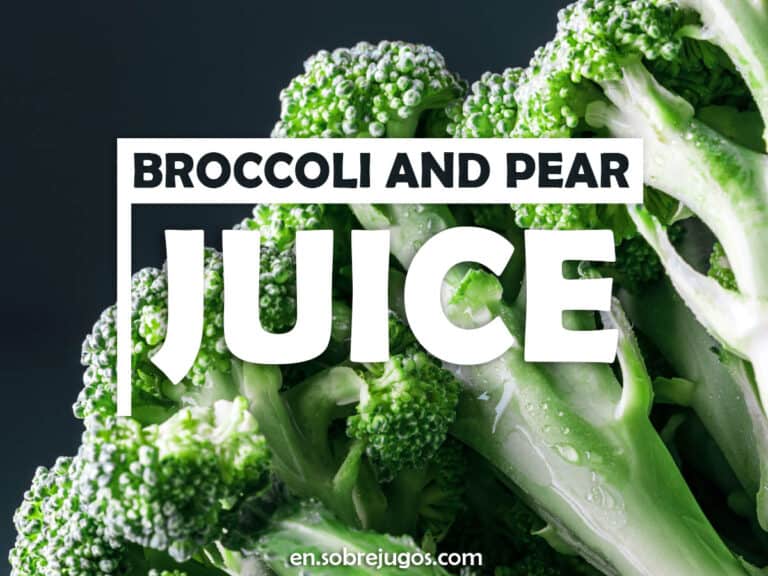
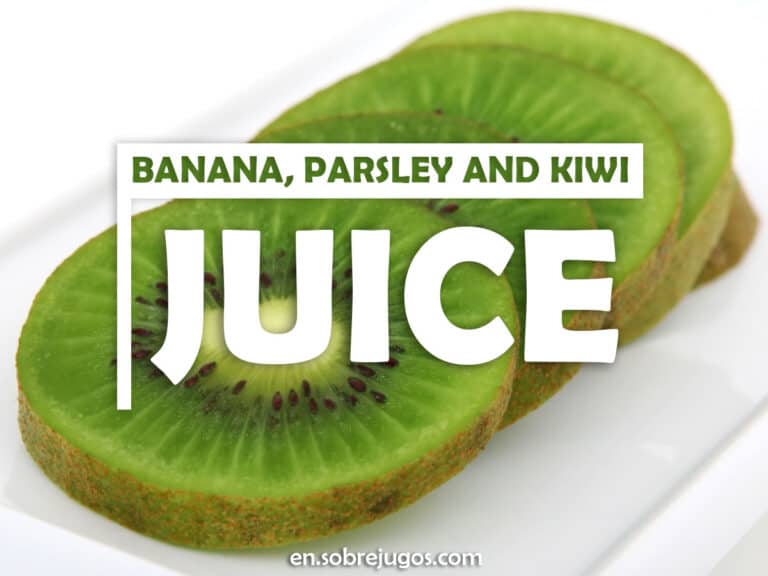
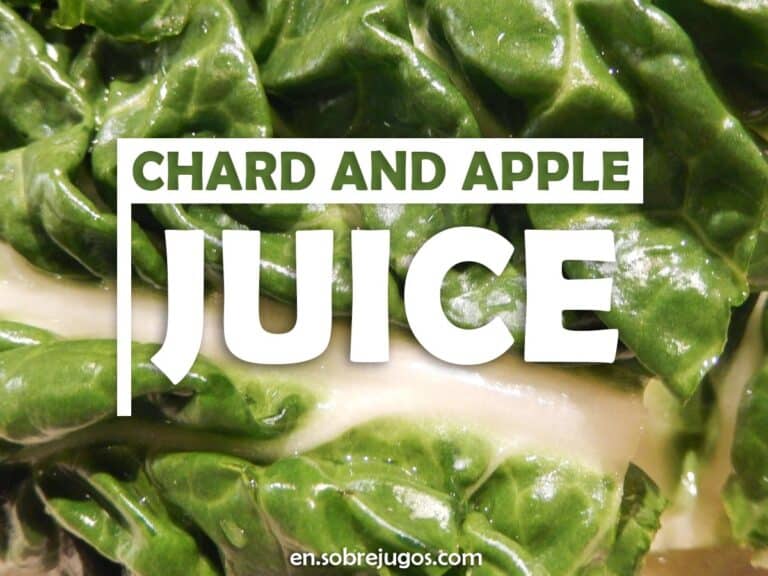
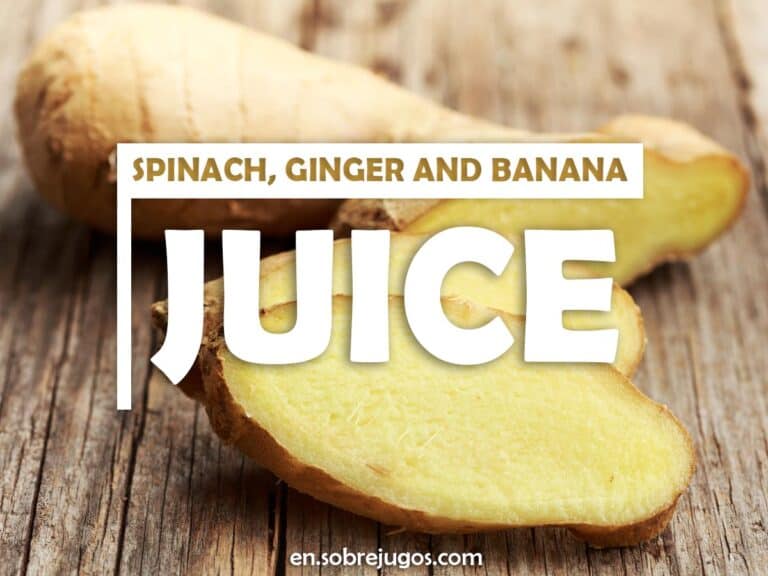
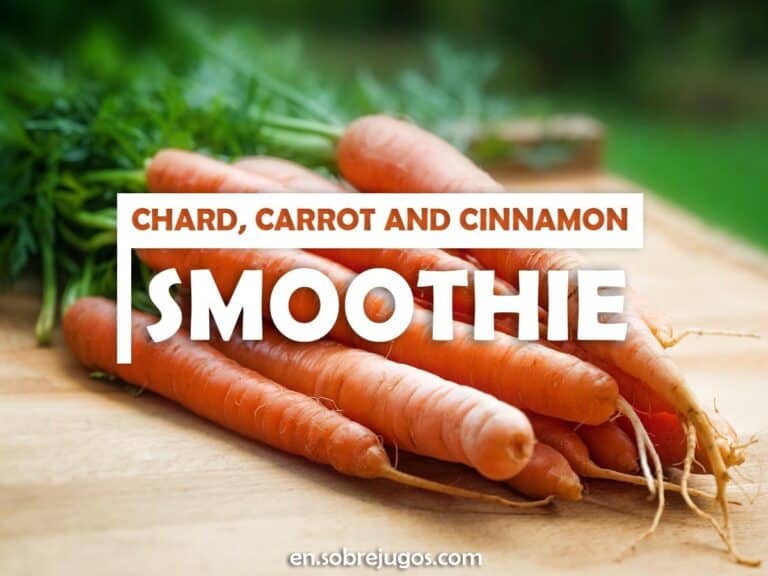
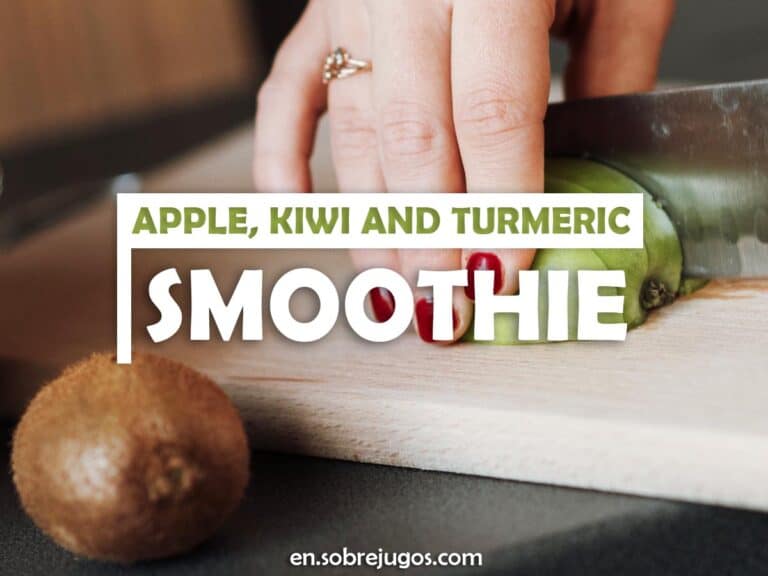
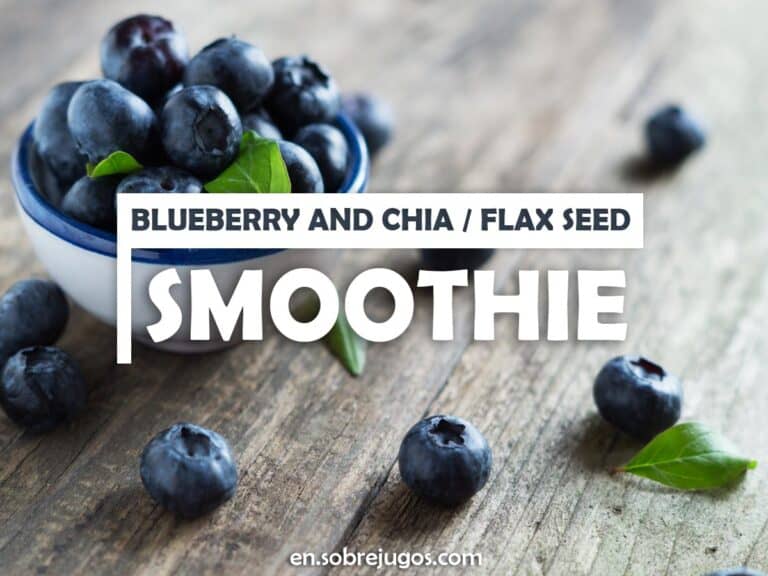
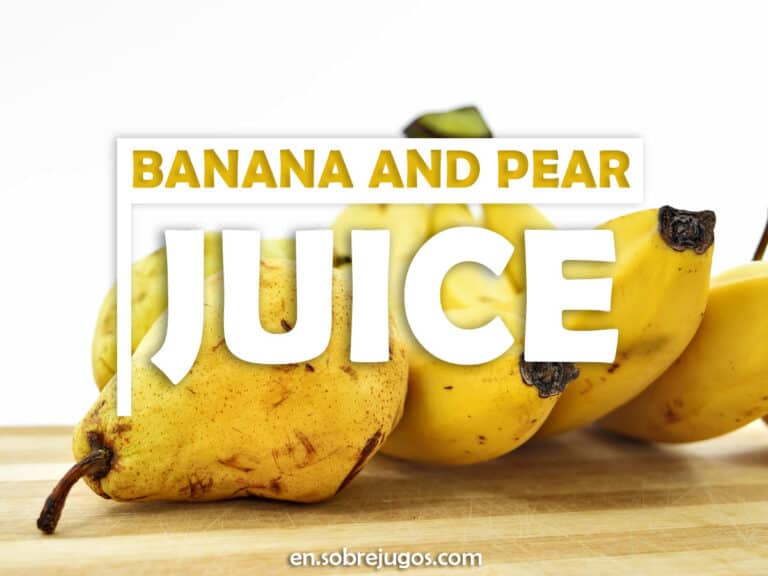
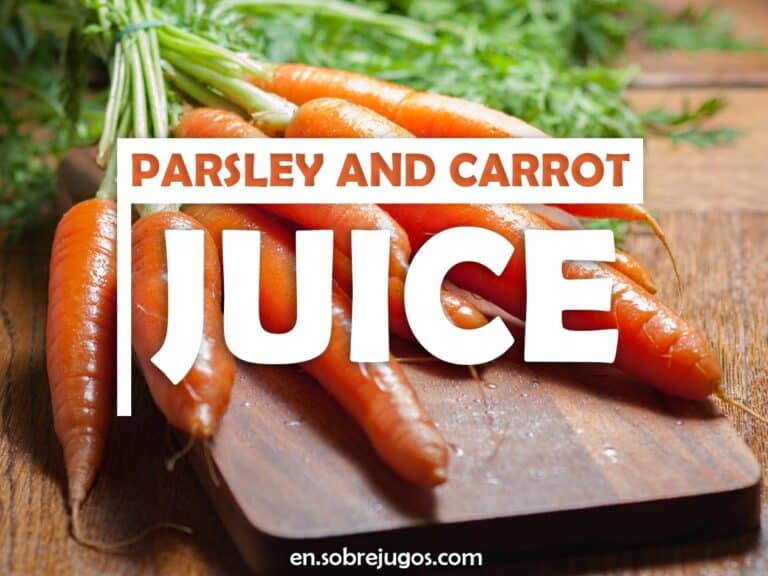
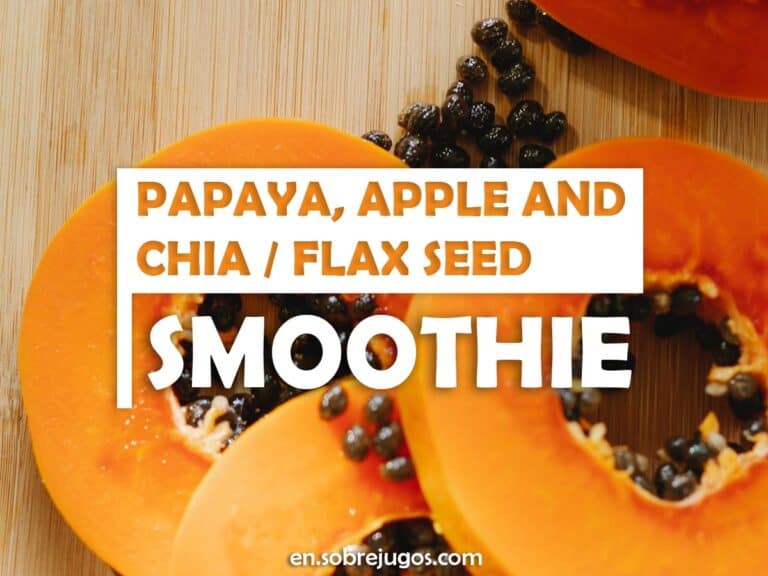
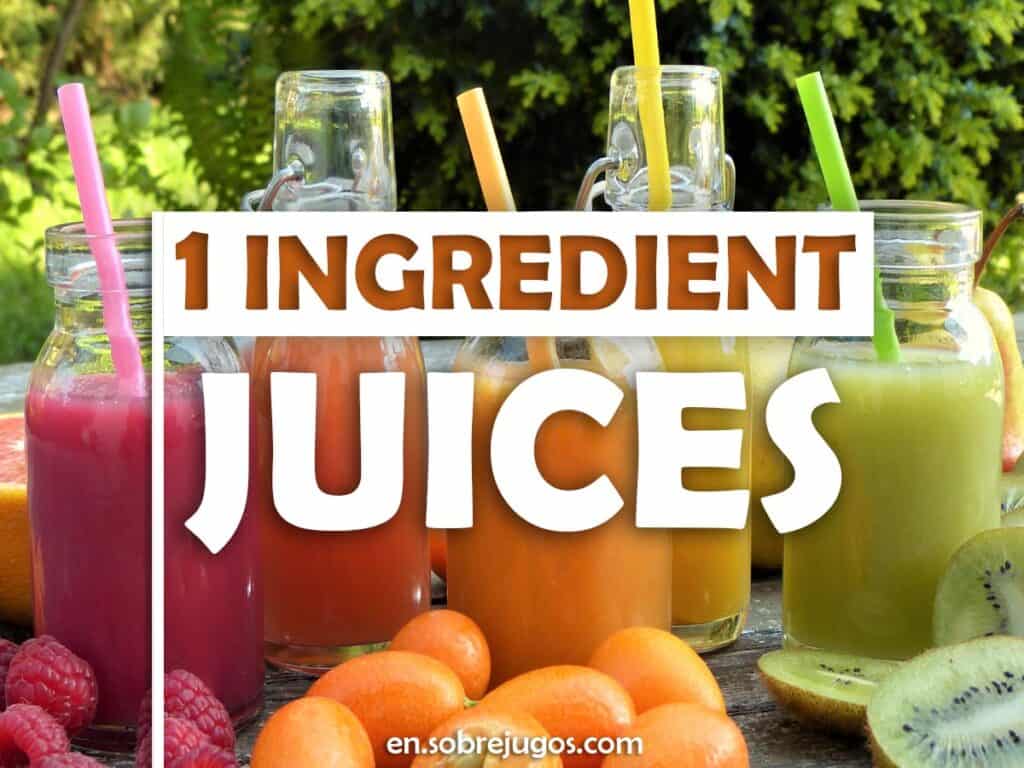
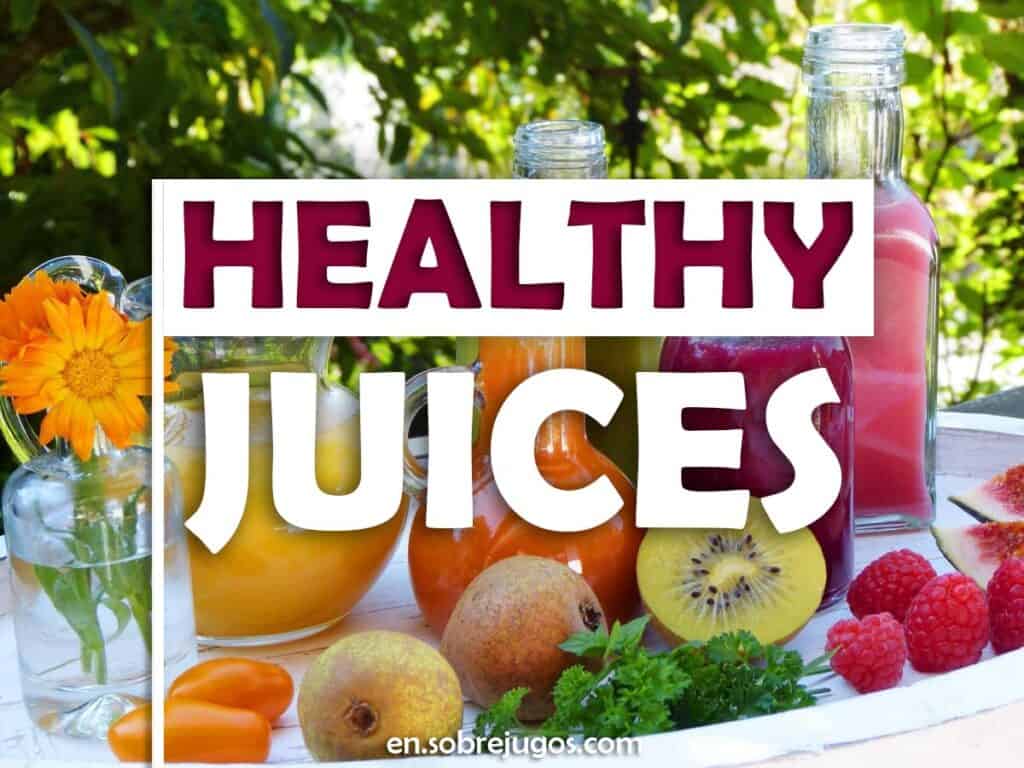
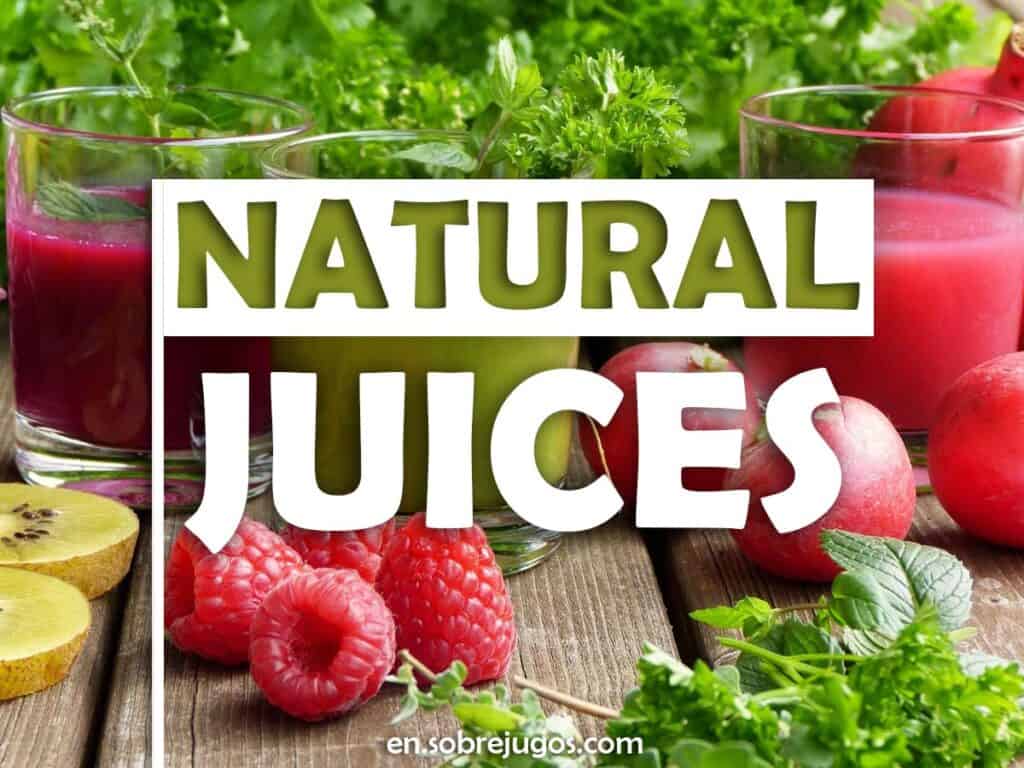
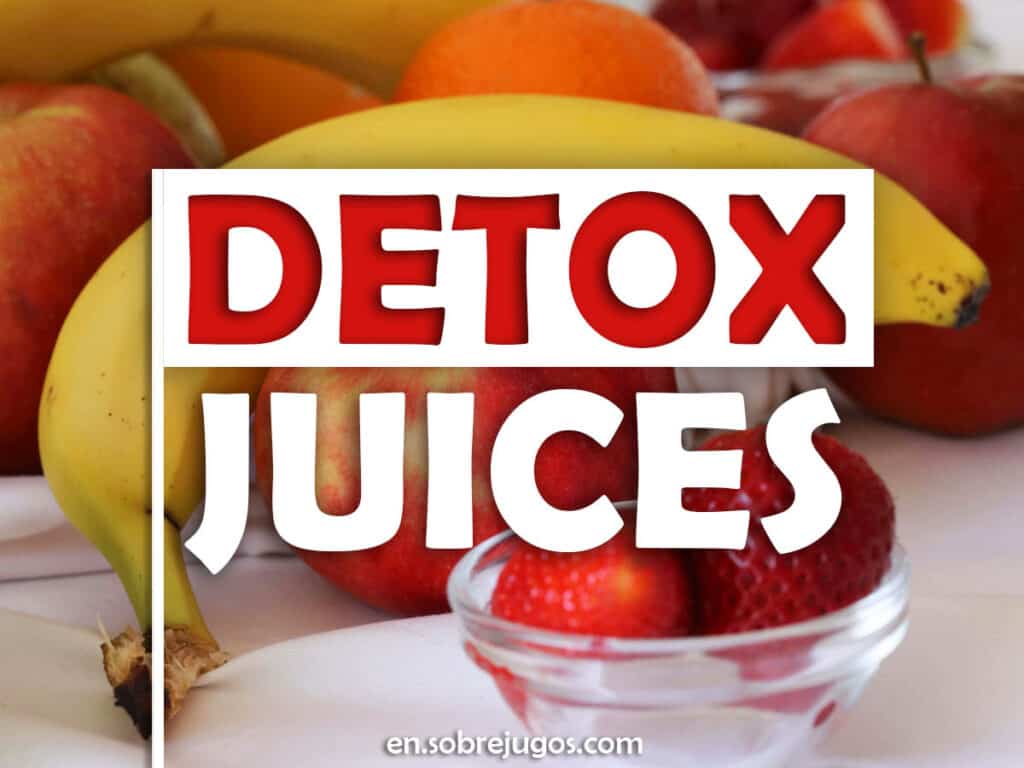
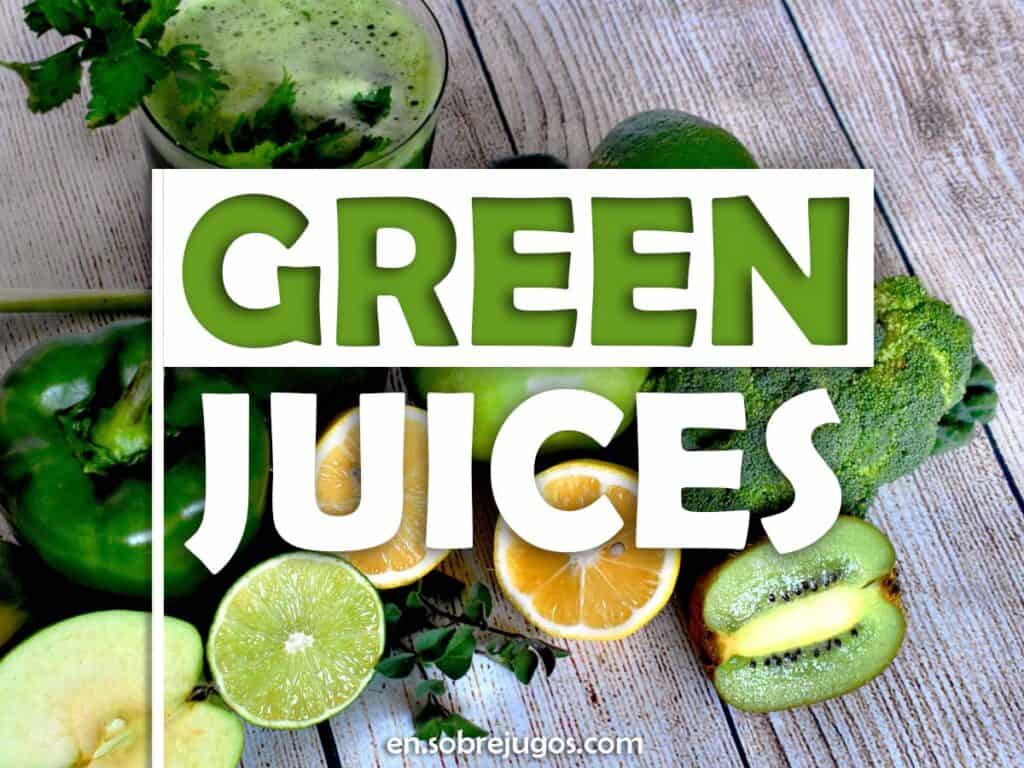
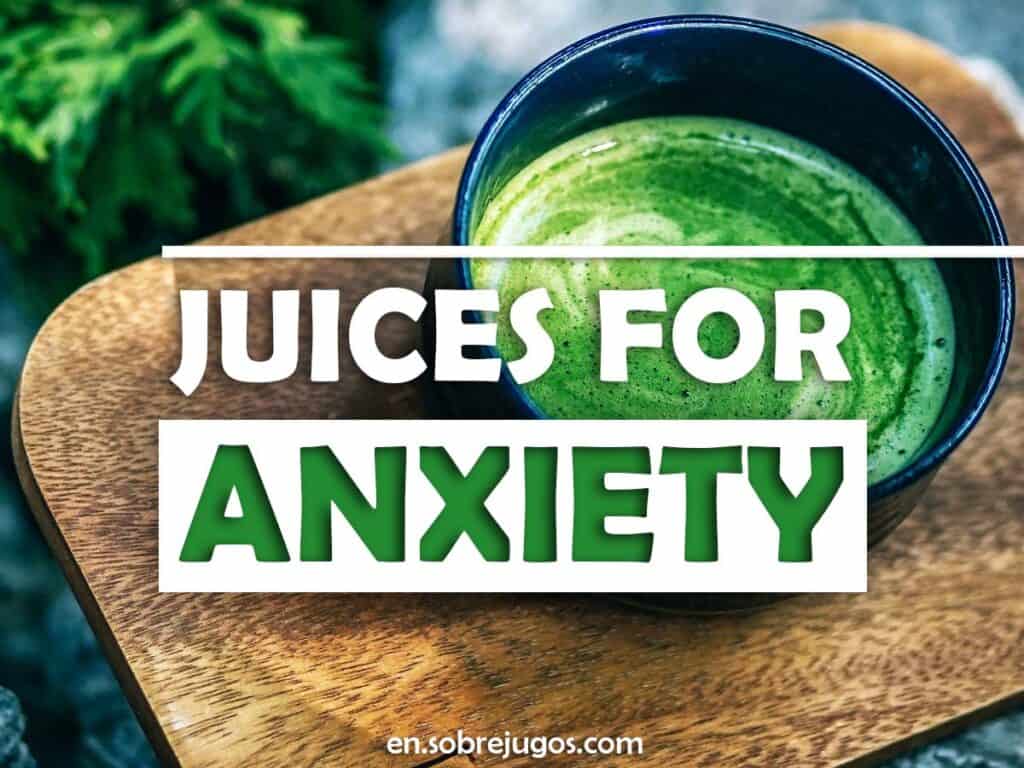
Want to know when we upload new content?
Enter your email address here to get notified.